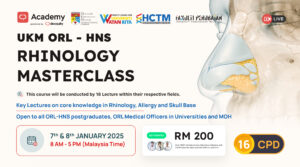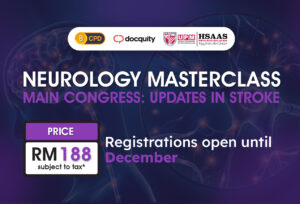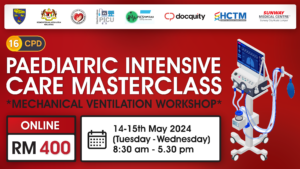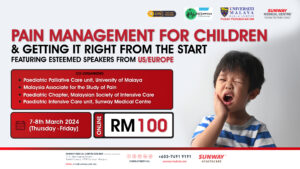
Basics of Emergency Medicine Course – Part A
Basics of Emergency Medicine Course – Part A
Based on popular demand, this course is a rerun of Emergency Medicine Refresher course. Spanning over a period of 2 weeks, the course is designed as LIVE – INTERACTIVE online course. Discrete modules will deliver key concepts central to the care of critically ill patients.

Overview of Basics of Emergency Medicine: Part A
It is now widely recognised that the doctor's approach in handling emergencies especially in the golden hours can save lives like never before. The current program is oriented towards developing and consecrating a body of knowledge focussed on the most critical and common presentations to the emergency department - among emergency and acute care physicians. The purpose of this programme is to refresh and provide updated understanding of the best practices of Golden hour treatment in emergencies.
Who will benefit the most from this course?
Emergency Medicine Physicians should attend basic emergency courses to enhance their clinical skills, stay updated with advancements, and provide high-quality care in emergency situations.
Critical Care Physicians should attend basic emergency courses to expand knowledge, improve decision-making, and stay updated with evidence-based practices in critical care medicine.
General physicians benefit from attending basic emergency courses to develop essential skills, improve acute medical handling, and provide immediate and effective care in emergency settings. These courses boost confidence and lead to better patient outcomes.
Cardiologists benefit from attending basic emergency courses to enhance their skills in managing cardiovascular emergencies like myocardial infarction, arrhythmias, and heart failure exacerbations. These courses keep them updated on guidelines and advancements, enabling timely interventions for better patient outcomes in critical cardiac situations.
What will you learn in this course?
Basic & Advanced Resuscitation
In acute cardiac arrest, key areas of focus include evidence-based practices, CPR, airway management, defibrillation, pacing, and post-resuscitation care for optimal patient outcomes.
ECG Interpretation
When interpreting ECGs in the emergency setting, the approach involves diagnosing common brady and tachyarrhythmias, as well as identifying critical ST segment abnormalities. This includes recognizing acute myocardial infarction and other rare but life-threatening conditions that have distinct ECG patterns. Early diagnosis through ECG interpretation is crucial for successful management and timely intervention.
Approach to shock
This section focuses on the approach to initial assessment and management of traumatic shock and non-traumatic shock. It also provides a brief overview of managing cardiogenic shock, septic shock, and anaphylactic shock. Additionally, it covers the core management principles of allergy and the diagnosis of acid-base disorders.
ETM – Emergency Trauma Management
This section emphasises evidence-based approaches and the use of Advanced Trauma Life Support (ATLS) guidelines for optimal trauma management. It covers comprehensive assessment and acute phase management of trauma cases.
Cardiovascular Emergencies
In this section, the key concepts and approaches will include an overview of the most common symptoms of cardiological emergencies, with a specific focus on patients presenting with chest pain. The content will cover the major life-threatening causes of chest pain, common differentials that should not be missed, and appropriate assessment and management strategies for patients with chest pain in the emergency department (ED).
Acute Myocardial Infarction Management
This module highlights the prevalence of acute myocardial infarction (MI) in Asia and the types of ischemic heart diseases seen in the emergency room (ER). It focuses on acute ST segment elevation MI and emphasises early suspicion, prompt diagnosis, and protocol-based management for better outcomes. The module aims to provide an approach to the management of acute MI based on recent guidelines for emergency care physicians.
Course Reviews
I would like to express my heartfelt thanks to Docquity for delivering such a concise & informative course and also for organising this amazing course opportunity towards bettering and refreshing ourselves. Looking very forward to future courses from Docquity.

Dr. Michelle Lee
Nice topic, good experience, great teacher

Trias Nyandika Agung Prasetya
Meet your course instructor

Dr. Sudeshna Ganguly
Dr. Sudeshna Ganguly currently serves as the medical director for Teladoc Health International in India, the Indian subcontinent, and the UAE. With a background in emergency medicine, she is serving as an examiner for the Royal College of Emergency Medicine in the UK, as well as a lead faculty and course coordinator for the Masters in Emergency Medicine program at The Society of Emergency Medicine India (SEMI). She has also worked as a course coordinator and faculty member for the Masters in Emergency Medicine program at George Washington University in the USA.
Frequently Asked Questions








